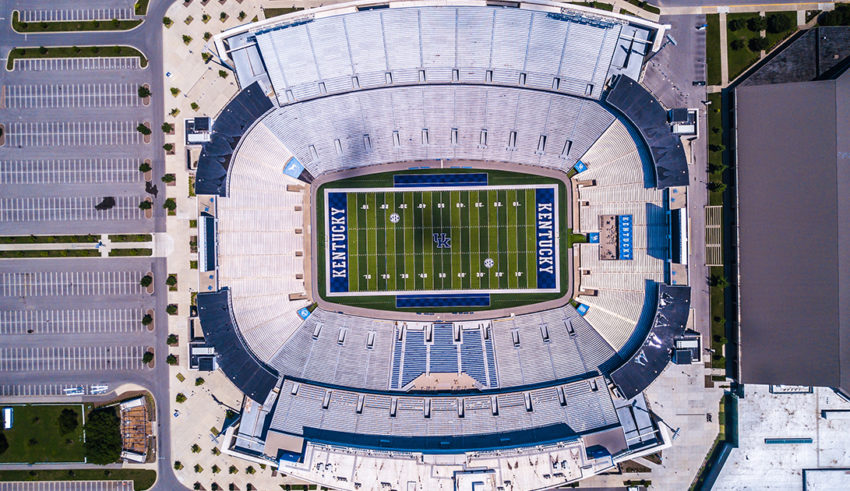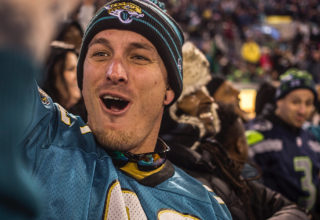Universities and college across the US are mulling the entry of regulated sports betting in college sports conferences and the expected widespread wagers across the Midwestern States.
The primary concern has always been the integrity of the game, with fears of undue influences and cheating despite all the strict regulations set in place. And leading the discussion among the colleges in the Big Ten Conference, the flagship sports colleges backed by the big bucks and a fervent loyal following.
Big Ten Commissioner Jim Delany has been casting his eyes and focus on the influences of legalized sports betting on the Olympics, high school and college sports and protect the integrity of the game and the players.
Midwestern universities are moving with caution, mindful of the problems associated with legalized betting including the process period when legalization is introduced.
Then there is the paradox of educational institutions abetting gambling. Bob Moosbrugger, athletic director for Bowling Green, mulled the implications in an interview with the Toledo Blade.
Moosbrugger spoke of inside information coming from “student-athletes or even a staff member, and we certainly don’t want that to happen,” and he is betting on educating the students. Bettors getting hold of that information is a big concern for the institutions.
With Delaware and New Jersey jumping into sports betting as soon as the Supreme Court handed down its decision and Mississippi following suit, sports betting is set to become part of college sports.
Rhode Island, Pennsylvania, and West Virginia may be taking its time, but its countdown timer is set to begin as soon as NFL season kicks off. Dozens of states are in the process of writing or passing their own legalized betting bills with Michigan soon to legalize the practice with a 68-40 approval vote. Expect some real sports betting news coming from the State House this September.
Ohio remains undecided, but its placeholder bill for legalized betting has already been introduced to the floor albeit lacking details such as tax rates and specific locales where sports betting will be allowed.
One way to regulate abuses of sports betting and obstruct the flow of inside information is a weekly injury report of athletes similar to what the NFL implemented. Most athletic directors now agree to that with Big Ten colleges spearheading the way.
Michigan’s Jim Harbaugh who is famous for keeping his players’ cards close to the chest is also in agreement. “We can do an injury report,” he says.
However, Ohio State’s Gene Smith is still concerned about how younger players can be affected by the entry of legalized sports. “They’re vulnerable,” he says. “I’d be concerned.”
And who could forget the point-shaving scandal involving the University of Toledo Rockets way back in the 2005-2006 football and basketball seasons? In the last 30 years, other universities have had their own problems such as Arizona State, Northwestern, University of San Diego, and Auburn.
Only the US has problems with legalized sports because of the massive interest in college sports and the big-time money pouring in for both teams and college.
Integrity fees might be the answer, in the same way, that the NBA, PGA Tour, and MLB have imposed to ensure the integrity of the games, with 1% of bets going to the teams.
Marshall University and WVU are planning to collect 0.25% of bets placed on their teams with the collected money going to compliance and athlete education.
What remains to be seen is how the collective colleges will move forward, especially with the NCAA announcing they won’t be collecting integrity fees.








